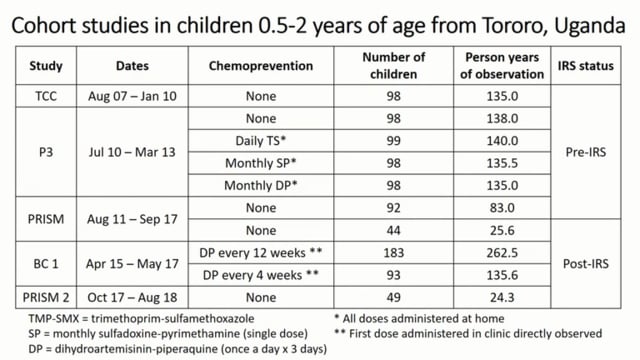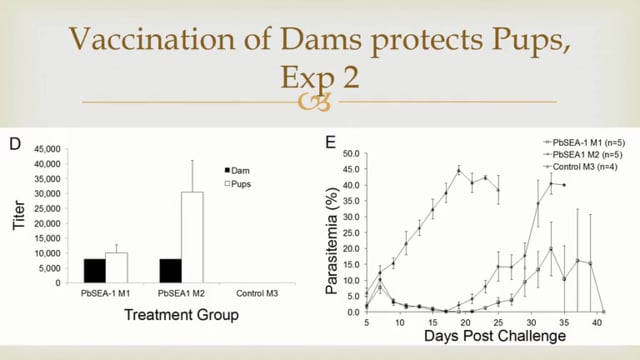Warning: Undefined array key "file" in /var/www/vhosts/gestortectic.com/mesa.gestortectic.com/wp-content/plugins/fulltext-search/includes/wpfts_querylog.php on line 520
Warning: Undefined array key "file" in /var/www/vhosts/gestortectic.com/mesa.gestortectic.com/wp-content/plugins/fulltext-search/includes/wpfts_querylog.php on line 520
Warning: Undefined array key "file" in /var/www/vhosts/gestortectic.com/mesa.gestortectic.com/wp-content/plugins/fulltext-search/includes/wpfts_querylog.php on line 520
Warning: Undefined array key "file" in /var/www/vhosts/gestortectic.com/mesa.gestortectic.com/wp-content/plugins/fulltext-search/includes/wpfts_querylog.php on line 520
Warning: Undefined array key "file" in /var/www/vhosts/gestortectic.com/mesa.gestortectic.com/wp-content/plugins/fulltext-search/includes/wpfts_querylog.php on line 520
Warning: Undefined array key "file" in /var/www/vhosts/gestortectic.com/mesa.gestortectic.com/wp-content/plugins/fulltext-search/includes/wpfts_querylog.php on line 520
Warning: Undefined array key "file" in /var/www/vhosts/gestortectic.com/mesa.gestortectic.com/wp-content/plugins/fulltext-search/includes/wpfts_querylog.php on line 520
Warning: Undefined array key "file" in /var/www/vhosts/gestortectic.com/mesa.gestortectic.com/wp-content/plugins/fulltext-search/includes/wpfts_querylog.php on line 520
Warning: Undefined array key "file" in /var/www/vhosts/gestortectic.com/mesa.gestortectic.com/wp-content/plugins/fulltext-search/includes/wpfts_querylog.php on line 520
Warning: Undefined array key "file" in /var/www/vhosts/gestortectic.com/mesa.gestortectic.com/wp-content/plugins/fulltext-search/includes/wpfts_querylog.php on line 520
Last Updated: 19/12/2024
The Malaria Transfusion Risk (MATRix) Study
Objectives
The objectives of MATRix study are:
- To evaluate donor prevalence of parasitemia and lab-based screening approaches to address transfusion-transmitted malaria (TTM).
- To quantify the risk of TTM and identify demographic factors for TTM in a highly endemic country.
- To compare the cost-effectiveness of different strategies to mitigate TTM to inform donor policies.
Globally, malaria (Plasmodium spp.) is the leading parasitic threat to humans and a major cause of morbidity and mortality. Despite longstanding recognition that Plasmodium species are transfusion transmissible, the burden and risk of transfusion-transmitted malaria (TTM) has not been well characterized and evidence-based policy to safeguard against TTM has not been determined. The advent of novel, molecular assays for blood donor screening could transform the existing approaches for TTM. It was hypothesized that Blood donor screening for malaria using highly sensitive molecular assays in Uganda and other endemic countries will prevent a substantial proportion of transfusion-transmitted infections but will be cost-prohibitive and operationally unfeasible given associated donor loss. In contrast, molecular screening of blood donors in the US, will be cost-favorable when applied to those deferred for travel to endemic countries. The MATRix study will capitalize on a US Dept. of Defense-funded clinical trial that is underway in Uganda to evaluate (a) the feasibility of implementation of pathogen reduction technology (PRT) and (b) its impact on transfusion-transmitted infections following whole blood transfusions. The trial will soon begin collecting blood samples and demographic information from 3,500 donors and 2,000 transfusion recipients; recipients will be evaluated before- and after (days 2, 7, 28) transfusion. To address the MATRix study aims, clinical data and archived samples from the PRT trial will be used to (1a) compare performance characteristics of nested PCR, transcription-mediated amplification, antigen testing, microscopy and antibody testing, to detect Plasmodium spp. in Ugandan blood donors (n=3500) and (1b) describe the prevalence of Plasmodium seroreactivity and parasitemia by demographic and donor status. (2) Lab testing and clinical assessment of donor recipient pairs from the PRT trial control arm will enable quantification of incidence and clinical severity of TTM in recipients of blood from donors in Aim 1 (n=1000). The risk of TTM will be described by demographic, level of parasitemia and recipient clinical characteristics. Finally, a Markov-based decision analytic model will be used to evaluate TTM mitigation strategies drawing on input data from Aims 1 and 2, previous publication and/or local expert opinion to (3a) assess the cost-effectiveness of donor screening for TTM in Uganda by test modality and extent of implementation, while accounting for donor loss. It will also (3b) compare the cost-effectiveness of donor testing vs. risk-based deferral in the US. This study would guide global policy on TTM. It would also provide key insight into relative performance of the individual testing modalities for malaria, while offering insight into transmission dynamics and infectivity of TTM.
May 2020 — Apr 2025
$529,323

